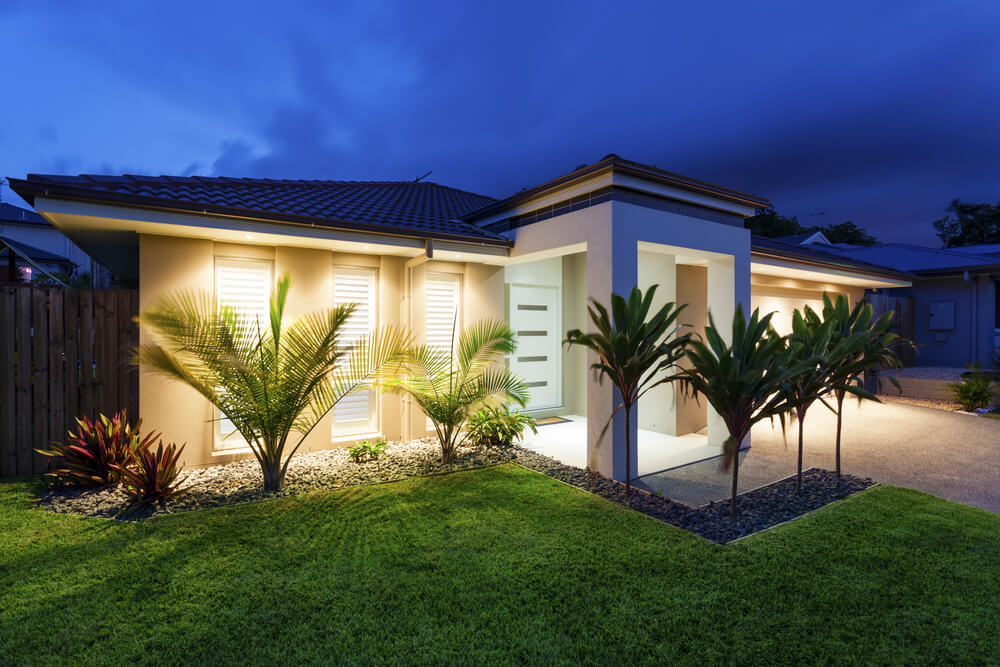If you’re a property owner who is looking to become an investor, you might benefit from this article about transitioning from buyer to investor with as little stress as possible.
Often, there are different standards for buyers who intend to live in a property and buyers who intend to rent out property as landlords. If you know about these differences in advance, you could minimise your costs by preparing ahead.
Types of investment strategies
There are two main strategies for property investment:
Long-term strategy: The basic definition of investing is: ‘Investing is putting a small amount of money down now to make more money later’. As such, time is an important part of investing – the longer you leave it, the more it eventually makes.
Short-term strategy: Other investors ‘flip’ properties, which means they add value to a property by renovating and then sell it for more than the purchase price. Sometimes it results in big profits, and other times it’s a lot of work for small net gains.
At Bourkes, we believe that combining both investment strategies is a good strategy! For example, enhancing a property and then renting it out will attract a better tenant who pays more rent and stays longer.
Every investor has different motivations. Some buy properties to create nest eggs. Others buy for their children or for themselves to occupy later. The trick is to determine your investment goal and then adapt your approach to the right property.
What type of property to invest in
Did you know that land appreciates over time, but buildings actually depreciate over time? Some valuers use the 2.5% annual depreciation on buildings as a guide to how a building will decline in value over time.
So, the land needs to appreciate more than the building depreciates to get positive growth. Therefore, you should always buy a house, right? Well, not always.
The question of what property type to buy depends on your budget and your desired location – and your ultimate goal. If your goal is price growth, houses traditionally win. However, if your goal is a regular income, units may be more suitable.
If you can’t afford a house, we recommend getting as close to a house as you can, such as a front strata home, duplex, or survey strata villa with a good land parcel. These generally escalate better than an apartment.
Once you’ve decided what type of property to invest in, start considering two more factors: location and maintenance.
What location to buy into
In large cities, price escalation often follows the ‘pebble in the pond’ analogy. When you throw a pebble in a pond, the ripples are strongest in the middle and dissipate at the outer rim.
So we recommend that you buy as close to the CBD as you can. The further your property is from the city, the lower tenant demand will be. Inner city suburbs are close to good schools and provide rental stability.
Having said that, there are some benefits to buying property away from the city, such as by the beach. Tenants love this area in summer, though they leave in droves in winter.
Every area has pros and cons, so ask agents and your property manager about the area and rental prospects to get as informed as you can.
Maintenance requirements
In property, an age-old question is whether to buy a brand new build or established home. There’s no correct answer for everyone, but there is a correct answer for you.
Established homes
These homes have several advantages:
- They often have more character, such as leadlights, ornate ceilings and timber floors.
- They are often closer to established schools, cafes and parks.
- They may be in areas where zonings might be upgraded.
- You might be able to add value to them, such as adding extra rooms.
However, established homes cost more to maintain and probably rent for less than a new home would.

New homes
Brand new builds also have several advantages:
- You can walk straight in with no more money to pay.
- They have new appliances that are still under warranty.
- You may be able to depreciate the fittings against rental income.
- You often get a double garage, walk-in robes, ensuite and family room.
- Rent is probably higher for new builds than older homes in the same area.
Consider your goals and budget to determine what property type, age and location will work best for you. Then you’ll be ready to think about finance.
How to finance your investment
Property investors have an array of options for financing their investment property. You might choose to go through a bank or mortgage broker.
For your loan, you might choose a principal-and-interest loan (where you pay off the loan over time) or an interest-only loan (where you pay only the interest and the loan amount is fixed).
This is a big decision, so we recommend discussing it with a broker who can show offerings from all lenders, not just one bank.
Do you have more questions about investing in property or need assistance with your purchase? Contact Alan Bourke or anyone from Bourkes on (08) 9474 2000.
